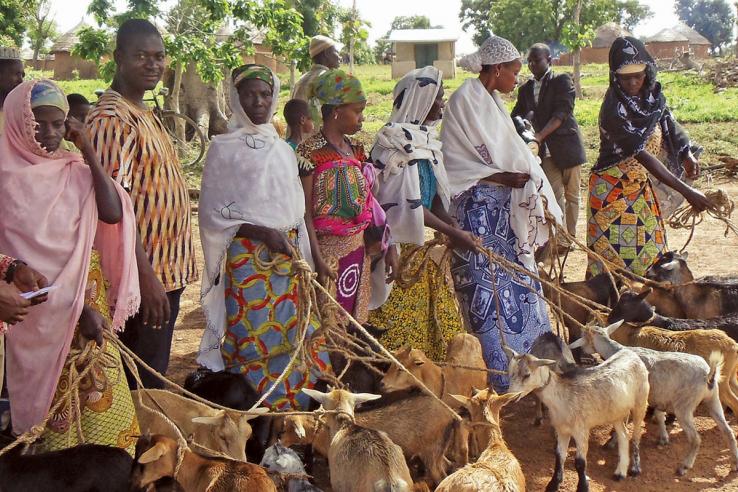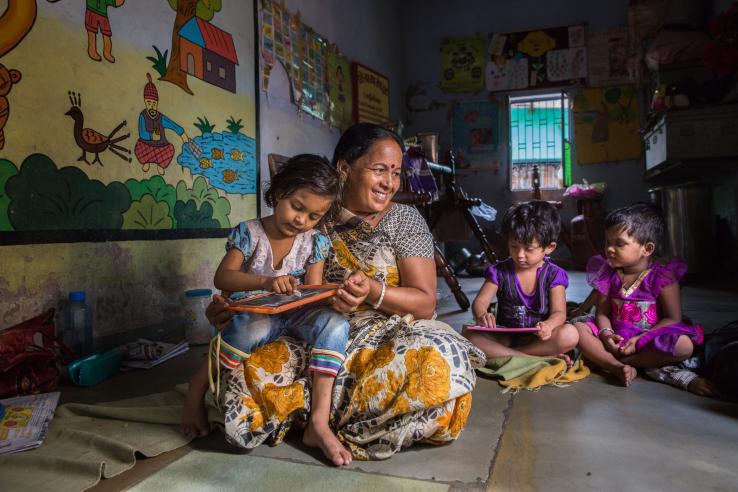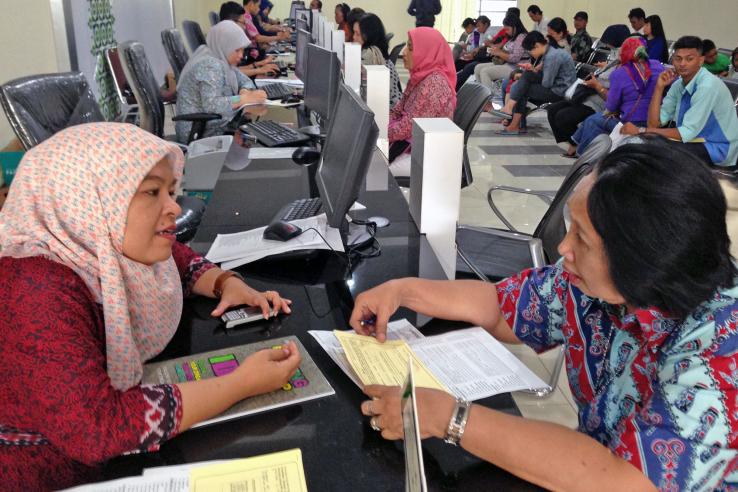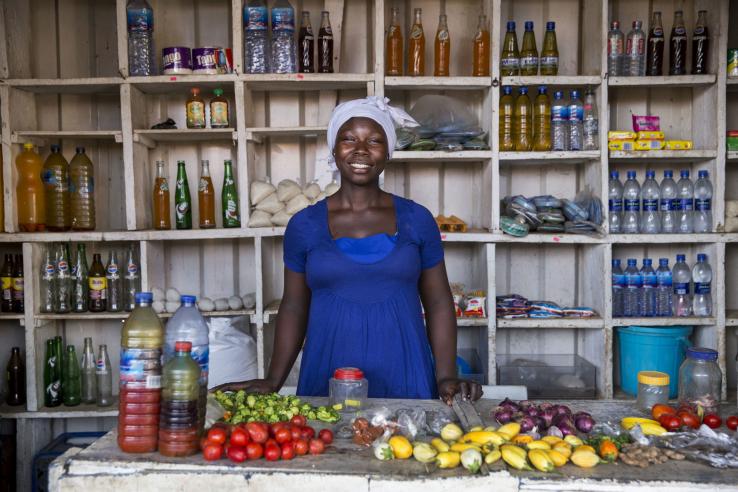J-PAL's Social Protection sector focuses on identifying policies and programs in low- and middle-income countries effective at providing financial assistance to low-income families, insuring against shocks, and breaking poverty traps. The policy insights below summarize general lessons from randomized evaluations on different types of social protection programs, including cash and asset transfers and health insurance.
—
Rema Hanna (Harvard University) and Ben Olken (Massachusetts Institute of Technology), Social Protection Co-Chairs
View: Policy insights by sector
Last updated: October 2023
A multifaceted livelihood program that provided low-income households with a productive asset, training, regular coaching, access to savings, and consumption support led to large and long-lasting positive impacts on their standard of living. Additionally, recipient households were better positioned...
Last updated: February 2023
Access to childcare can increase women’s employment outcomes by enabling their labor force participation, shift to more desirable work, or increase the productivity in their businesses. However, in cases where there are additional barriers to working outside the home, childcare may not be sufficient...
Last updated: May 2021
A variety of interventions to either reduce costs or increase awareness of benefits can increase health insurance adoption. The value of health insurance can be difficult to evaluate before purchasing, so giving individuals an opportunity to experience insurance coverage is important for influencing...
Last updated: February 2021
Providing women in low- and middle-income countries with financial resources or financial services did not consistently lead to economic empowerment if women were unable to maintain control over the use of funds within their households. Financial inclusion and social protection programs should...
Last updated: May 2020
Cash transfer programs conditional on the use of health products and services generally increase uptake and improve child health outcomes among households that receive them. Cash transfers that increase uptake of healthy behaviors in the short term can improve cognition and educational outcomes in...








